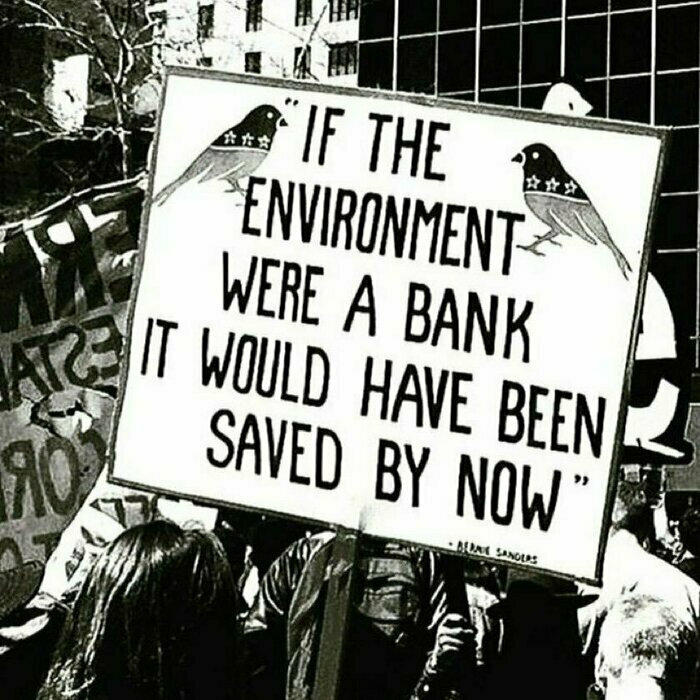#bailouts
Microsoft uses #militarism to receive #bailouts and it hopes to make the #military dependent on Microsoft (so that it becomes “too big to jail/fail”); but recent events have shown that from a military perspective #Microsoft software and other #proprietarysoftware are an unacceptable risk • Techrights ⚓ http://techrights.org/2022/02/27/freesw-times-of-war/
#Microsoft #Bailouts From the #USArmy Budget • 𝖳𝗎𝗑 𝖬𝖺𝖼𝗁𝗂𝗇𝖾𝗌 ⇨ http://www.tuxmachines.org/node/156897 #TuxMachines
Calvin and Hobbes: Lemonade Stand Economics
http://pecuniarities.com/wp-content/uploads/2009/01/calvineconomics.jpg
How would Calvin's lemonade stand fare differently in a theoretical free capitalist society versus the government-dominated capitalist society we have today? Before we begin, it's important to keep in mind that Calvin's motivations and justifications for his actions are his own and ultimately irrelevant for us. We may view his expectations for personal gain and employee compensation as absurd, but what actually matters is the product and price presented to the consumer. It is the consumer's action or inability to act, as well as Calvin's success in limiting competition, that are the primary differences between the two systems.
In a free society, Calvin would suffer operating loss and, without restructuring, eventually choose or be forced to liquidate (such as when the owner's capital runs out or losses become intolerable). His productive "assets" (pitcher, cups, lemons, other supplies) and "real estate" (the box and location for the box) would be sold off to be employed in other production lines or to new or existing lemonade firms. Calvin's more successful competitors would have both better anticipated customer desires and arranged the means of production in way that better satisfies that actual demand. Thus, they use cleaner water, juice squeezed from the lemon, and potentially added sugar. They would also seek a reduction in human capital expense compared to Calvin's enterprise and charge a lower final price to their customers. In a free society, consumers have the ultimate power: They can both choose not to purchase from firms whose products they find unsatisfactory and not be taxed to support these same businesses indirectly.
In today's society, by contrast, Calvin could employ various political means to delay bankruptcy and harm competition. He could seek "lemonade licensing" for every stand in his area--say a $25 training course and $50 licensing fee--as a way to increase entry costs for potential competitors (or bar them entirely if the licenses are limited in quantity). If he is able to influence the language of the licensing he could require some attribute that his business already possesses but others would find difficult to acquire. If there is bureaucratic delay in the processing of new license applications then that will also benefit Calvin by increasing the time needed for launching a new stand (potentially causing them to miss out on the summer season or other time-sensitive factor).
Besides licensing, Calvin could encourage (or not oppose) the creation of employee workplace and benefit regulations that would also increase the barriers to entry for new competitors and, if structured correctly to appeal to his specific business, potentially increase compliance costs for existing competitors.
Another form of political interference we see today is protectionism. If Calvin sold bottled lemonade, he could seek to ban or apply tariffs to imports of lemonade from outside an arbitrarily defined geographical region. If some of his competitors were using lemons grown outside this region but his was sourced more locally, he could seek similar restrictions on lemon importation for the same effect. Calvin could also lobby for a local or state government subsidy--such as a tax break--for his own business, possibly by threatening to relocate to another area. He could seek subsidies or favorable regulation for his own lemon growers versus "foreign" lemon growers for a similar effect.
Finally, though not exhaustively, Calvin could seek a direct bailout (possibly disguised as a "temporary loan") from a government (or his mom in this case). This is essentially a reallocation of scarce capital from private owners (through taxation) to a failing business merely due to political connection. Calvin's customers have already spoken--they don't want his product at those prices, but they'll be forced to pay him anyway, indirectly, through taxation. Not only are their resources taken to prop up a failing business (that may only delay final bankruptcy) but the capital Calvin is already employing (such as the pitcher and the box) will continue to be tied up in this failing enterprise and not released for purchase and use by other entrepreneurs in the production of some other goods that consumers actually want! Two ways, then, is the individual harmed by every bailout and subsidy, unless they have a self-interest in the particular firms being supported.
For more on these issues see the short video, Is Capitalism "Pro-Business?", by the LearnLiberty project.....
http://www.youtube.com/watch?v=hjh7mXPfMKs
#economics #greed #comics #money #liberty #cronyism #capitalism #calvinandhobbes #bailouts

